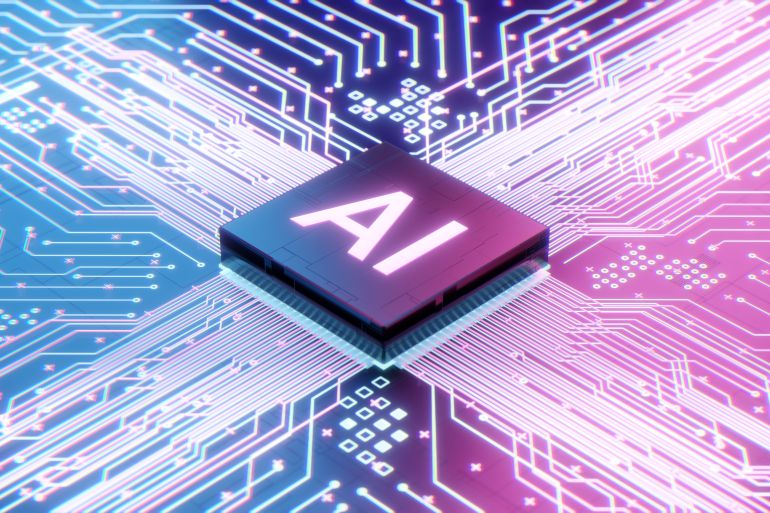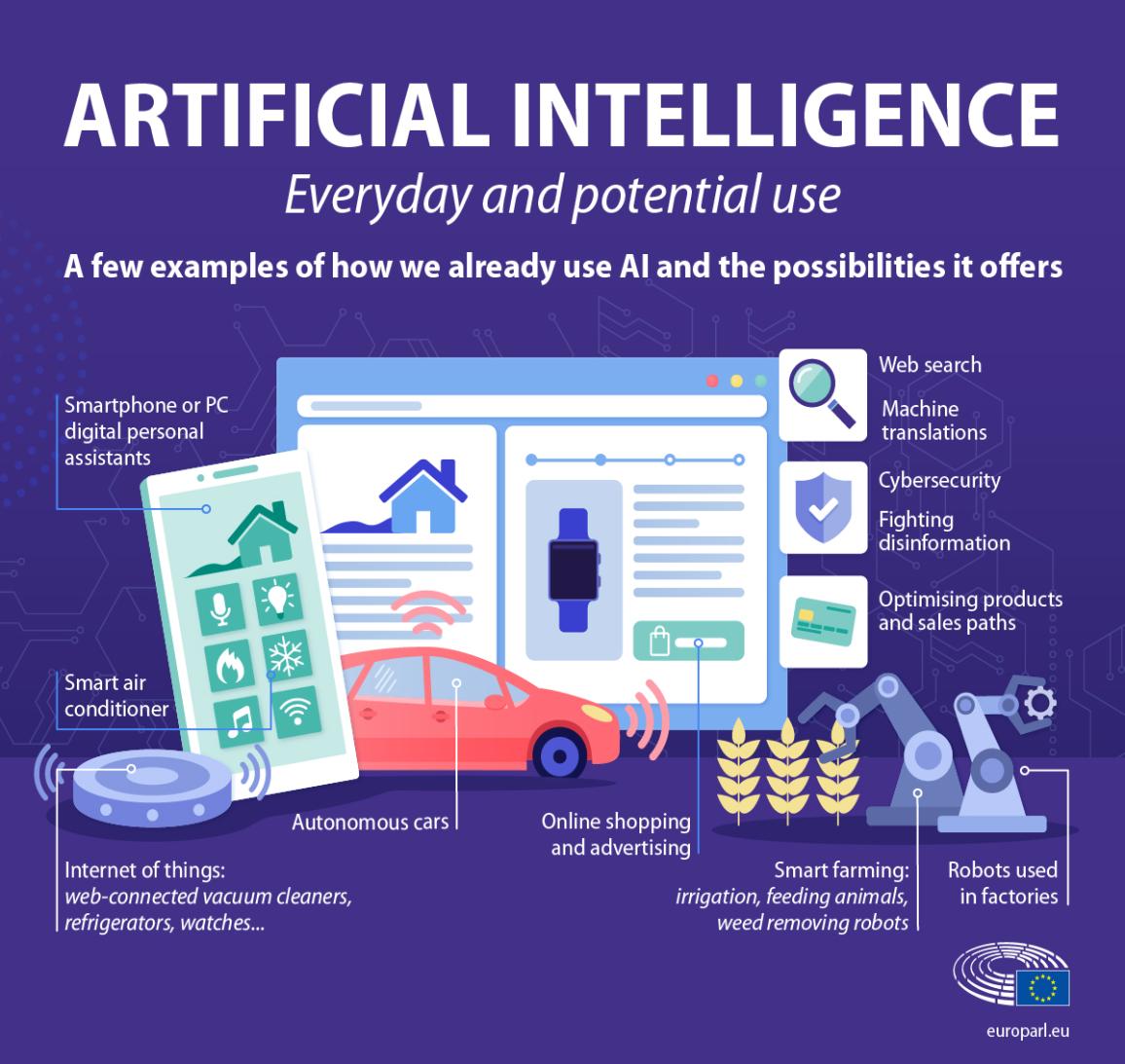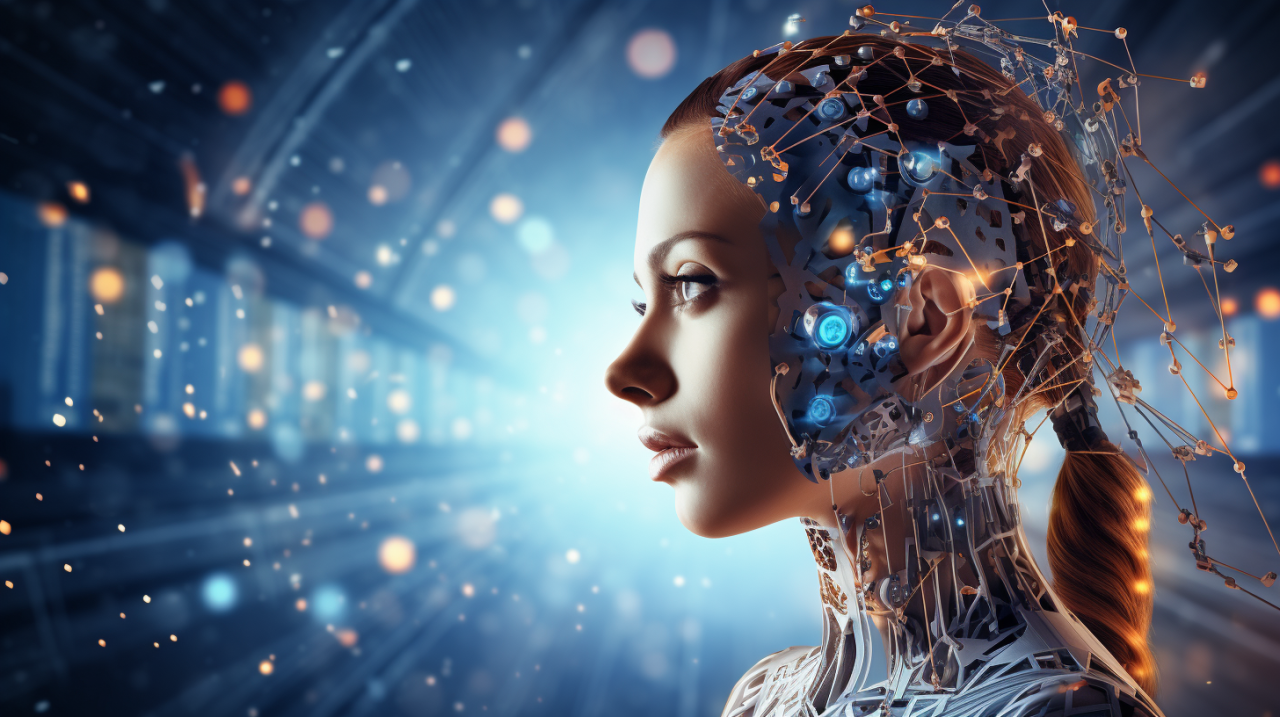From Data to Creative Thinking: Checking Out the Impact of Generative AI in the Field of Artificial Intelligence
With the advent of generative AI, a new period is emerging, one that checks out the crossway of information and creativity. By taking advantage of the power of generative AI, we can unlock the capability for makers to generate creative and initial content. Join us as we check out the remarkable trip from data to imagination, and uncover the extensive impact generative AI could have on the future of man-made knowledge.
The Surge of Generative AI
Generative AI has emerged as a revolutionary area in expert system, transforming the method equipments create brand-new content and communicate with the world. In recent years, there has actually been a substantial increase in the appeal and application of generative AI techniques. These techniques allow makers to autonomously produce one-of-a-kind and brand-new web content, such as photos, songs, and message, without specific human input.
Among the crucial variables adding to the surge of generative AI is the schedule of huge and varied datasets. With the introduction of the web and the expansion of digital content, vast amounts of information are currently obtainable to AI systems. This wealth of data offers the required resources for training generative AI models, permitting them to find out and simulate human imagination.

In addition, the increased computational power and the accessibility of specialized equipment, such as visual handling devices (GPUs), have played a vital duty in the surge of generative AI. These advancements have empowered AI systems to process and examine huge quantities of information, allowing them to create web content swiftly and successfully.
Changing Creative Industries
The growing abilities of generative AI, sustained by improvements in deep understanding formulas and computational power, have resulted in a transformative effect on creative industries. This technology has transformed the way creative professionals work, opening brand-new possibilities and pressing the limits of human creative imagination.
Generative AI has actually allowed artists to check out brand-new realms of creative thinking by offering them devices that can create unique and special content. In the field of aesthetic arts, generative AI formulas can evaluate existing artwork and create brand-new pieces based on the design and attributes of the input. This not only conserves time however likewise expands the imaginative possibilities, allowing artists to experiment with various styles and techniques.
In the songs industry, generative AI has additionally had a considerable impact. It can make up new tunes and harmonies, creating songs that was previously unbelievable. This innovation can even simulate the style of prominent musicians, making it possible for the development of brand-new tunes that seem like they were made up by musicians who have actually long died.
In addition, generative AI has discovered applications in various other creative fields, such as style and design. It can produce brand-new apparel designs, indoor formats, and architectural ideas, supplying developers with a wealth of motivation and increasing the imaginative process.
Nevertheless, while generative AI uses amazing opportunities, it also increases moral inquiries and challenges conventional concepts of authorship and imagination. As this modern technology remains to create, it is essential to strike a balance between human imagination and the abilities of AI, making certain that the last result reflects the intentions and artistic vision of the human developer.
Enhancing Human-Computer Partnership
Partnership between people and computers is being enhanced through the integration of generative AI, resulting in a new era of creative opportunities. With the advancements in artificial knowledge, human beings are currently able to function carefully with computer systems to achieve results that were previously inconceivable. Generative AI, a subset of AI that focuses on creating brand-new web content, has transformed the way humans and computer systems team up.
Generative AI allows computers to generate web content, such as pictures, music, and message, based upon patterns and instances supplied by humans. This collaboration permits people to leverage the computational power of AI systems to boost their innovative processes. Artists can make use of generative AI to produce brand-new visual ideas or discover different designs, while musicians can develop special compositions by working together with AI-generated melodies.
In addition, generative AI can assist in jobs that require huge amounts of information processing, such as information evaluation and pattern recognition - generative ai company. By incorporating AI systems into the cooperation process, people can leverage the computational abilities of AI to analyze complicated datasets and remove meaningful understandings
However, to guarantee effective collaboration in between human beings and computers, it is important to develop a clear understanding of the duties and responsibilities of each celebration. Human beings should supply the necessary assistance and expertise, while AI systems can help in the imaginative procedure by generating choices and opportunities. This partnership between people and computer systems opens up new opportunities for technology and creativity, pushing the boundaries of what is possible in different areas.
Moral Effects of Generative AI
As we delve into the ethical implications of generative AI, it ends up being evident that this cutting-edge modern technology raises significant concerns and considerations. Generative AI systems have the ability to create, generate, and imitate human-like material, such as pictures, videos, and text. While this has opened brand-new opportunities and possibilities in numerous areas, it has actually likewise stimulated discussions regarding the potential misuse and ethical dilemmas related to such modern technology.
One of the primary issues is the capacity for deepfakes, which are controlled or More Help produced media that can deceive and deceive people. With generative AI, it becomes easier for destructive stars to produce convincing deepfakes, leading to false information, like this reputational damages, and even political manipulation. This postures a hazard to the depend on we put in digital media and can have far-ranging repercussions for cultures and individuals.
An additional honest consideration focuses on the problem of intellectual building. Generative AI systems can produce original web content that may infringe upon copyright regulations or increase questions concerning ownership and acknowledgment. Figuring out the legal rights and duties in such situations becomes an intricate task, particularly when AI-generated web content is equivalent from human-created content.
In addition, generative AI has the possible to continue and intensify existing predispositions and discrimination existing in the training data. If the information used to educate these systems consists of prejudiced info, the created content might reflect and continue those prejudices, resulting in biased or unfair results.
Along with these issues, there is likewise a demand to think about the influence of generative AI on personal privacy, safety and security, and authorization. AI systems can collect, evaluate, and use huge quantities of individual information, leading to potential breaches of privacy and worries regarding information defense. In addition, the consent of individuals whose data is used to train and improve these systems should be thoroughly dealt with to make sure honest methods.

Future Prospects and Difficulties
With developments in generative AI modern technology, the future holds both promising potential customers and numerous difficulties to get rid of. The possible applications of generative AI are large and differed. Among the most interesting leads is the ability to generate customized and practical content across various domain names, such as literary works, songs, and art. This can revolutionize innovative markets by making it possible for AI systems to generate unique and ingenious works. Additionally, generative AI has the potential to improve human-computer interaction by producing a lot more receptive and smart digital aides and chatbots.

One more obstacle is the need for even more innovative algorithms and computational power to enhance the top quality and efficiency of generative AI systems. The present constraints in training time and computational sources hinder the extensive fostering of generative AI in real-world applications.
Verdict
Honest ramifications surrounding generative AI must be carefully taken into consideration and resolved. Looking in advance, future potential customers and challenges exist in more checking out the potential of generative AI and finding an equilibrium in between creativity and ethical factors to consider.
Generative AI has emerged as a groundbreaking area in man-made intelligence, changing the means devices generate brand-new material and interact with the globe. generative ai company.Generative AI has made it possible for musicians to explore brand-new worlds of imagination by providing them devices that can produce distinct and unique material. Generative AI, a part of AI that focuses on developing new content, has revolutionized the method humans and computer systems collaborate
Generative AI systems have the capability to create, produce, and mimic human-like material, such as images, videos, and message. Generative AI systems can create initial web content that may infringe upon copyright regulations or raise inquiries about ownership and acknowledgment.